108-PATTERN YANG STYLE TAIJIQUAN
WAHNAM VERSION
楊氏太極拳
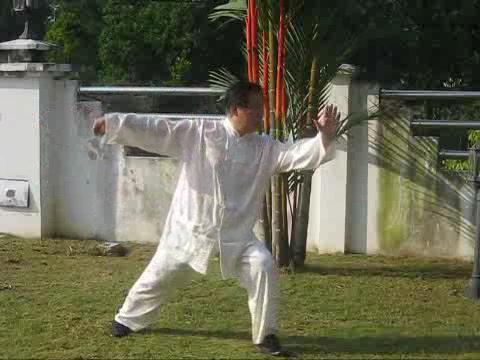
Do you know why this pattern is called "Single Whip"?
Yang Style Taijiquan is the most popular style of Taijiquan practiced today. Indeed, it is so popular that to many people, Taijiquan means Yang Style Taijiquan, though Chen Style Taijiuqna is also becoming popular today.
Yang Style Taijiquan is usually performed slowly and gracefully. This gives the general public the impression that Taijiquan is always slow and graceful, though Chen Style Taijiquan is fast and quite hard, and Wudang Taijiquan, particularly the version practiced in our school, resembles more like Shaolin Kungfu than what many people think Taijiquan is.
There are two main reasons why Taijiquan is usually performed slowly. Slow action enables a practitioner to perfect his forms, including transitional movements between patterns. Secondly, it generates energy flow, contributing to the internal aspect of Taijiquan. Of course, in combat, Taijiquan movements should be fast.
This 108-Pattern Set, sometimes called the Long Form, is the standard set in Yang Style Taijiquan. There is a 24-Pattern Simplified Taijiquan Set derived from it.
The Wahnam version of the 108-Pattern Set shown here is different from the orthodox 108-Pattern Set practiced by others because of some changes made by Grandmaster Wong. In the orthodox set many patterns are performed only on one side, but in the Wahnam version these patterns are performed on both the left and the right side. The patterns, "Carry Tiger Back to Mountain" and "Needle at Sea Bottom" are performed differently. Grandmaster Wong added shoulder strikes and elbow strikes to the Wahnam version, but these patterns are not found in the orthodow version.
15th April 2012,
Sungai Petani.
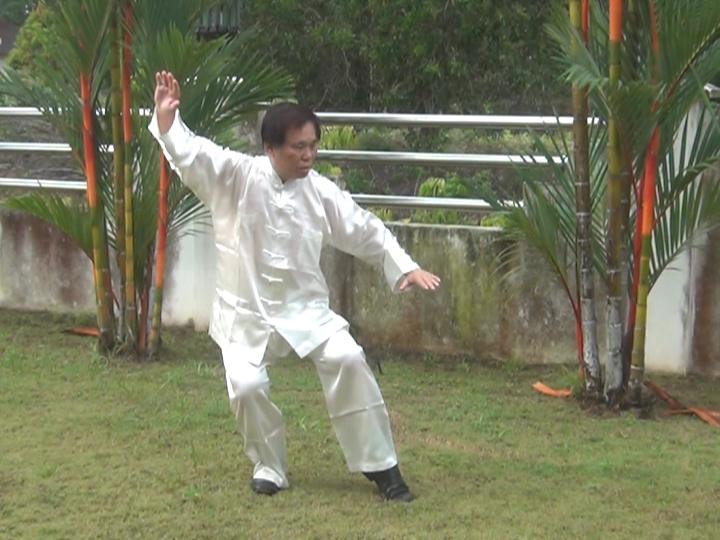
|
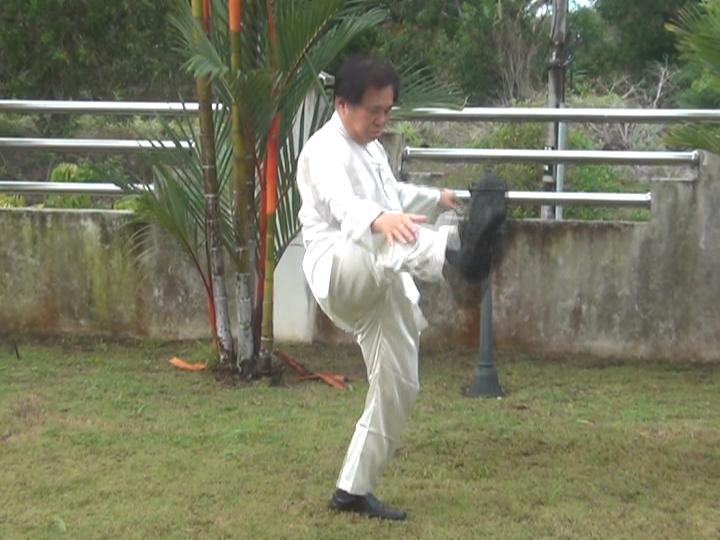
|
| Part 1 | Part 2 |
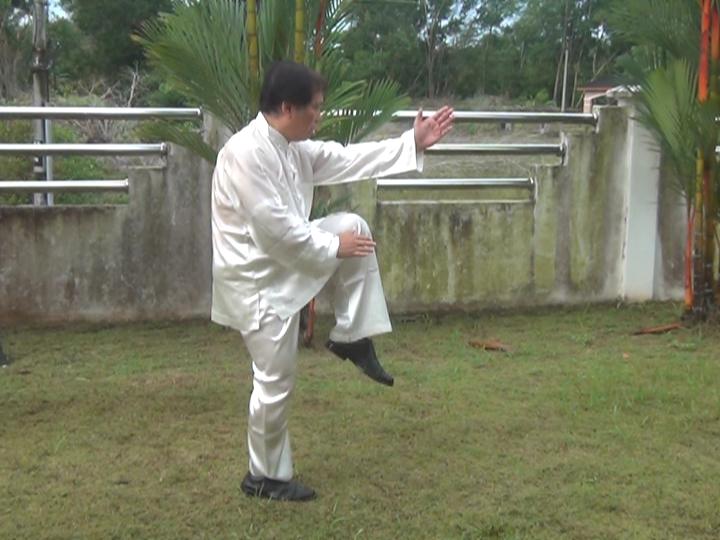
|
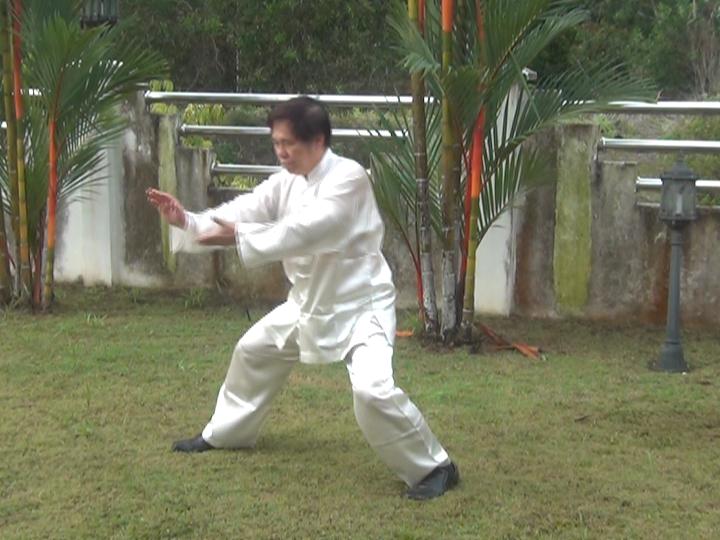
|
| Part 3 | Part 4 |
108-Pattern Yang Style Taijiquan Shaolin Wahnam Version from Wong Kiew Kit on Vimeo.
DRAFT VERSION
A draft version when Grandmaster Wong first composed the set on 2nd April 2012 based on the original 108-Pattern Set is shown below. Some slight changes were made with "Needle at Sea Bottom", "Dodge, Extend Arm", shoulder strikes and elbow strikes.

|
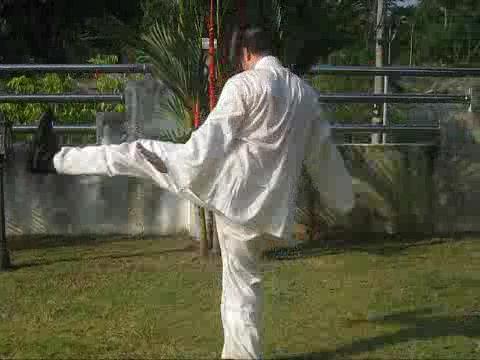
|
| Part 1 | Part 2 |

|
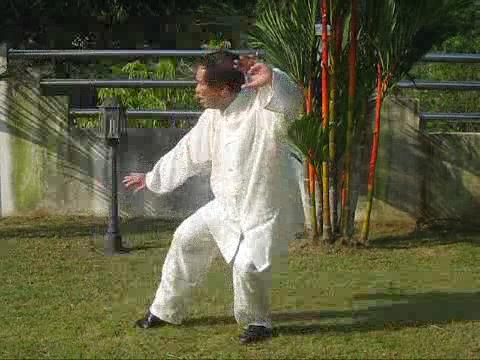
|
| Part 3 | Part 4 |
LINKS
Kungfu Sets
